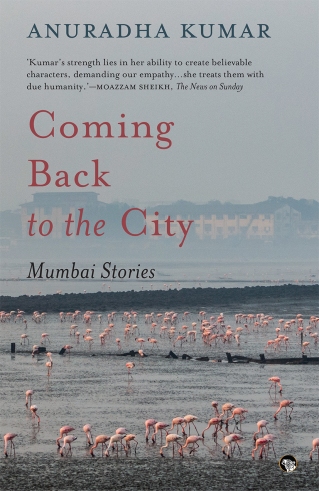
Title: Coming back to the city, Mumbai Stories
Author: Anuradha Kumar
Publisher: Speaking Tiger Books, 2019
‘She’s from Amrika, your new tenant, Pooja. A gori.’
Thus, begins the interwoven tale of lost souls living in the city of dreams, Mumbai by Anuradha Kumar.
The city of Mumbai is as mysterious as it can be. On one hand it is called the eternal city of dreams, meaning a place where people come with their dreams and work hard to get them fulfilled. While on the other hand, it is also known as the city which never sleeps. So, either the dreams you have are the ones you see wide awake or it is a contrast, signalling at the sleek chances of your dreams coming true. Whatever be the deeper meaning, it has never stopped people from aspiring and dreaming to live in this city.
Bringing together her experiences of living in Mumbai for 14 years, Kumar creates a moving tale from the great metropolis with stories both heard and unheard.
Read the full review on Kitaab